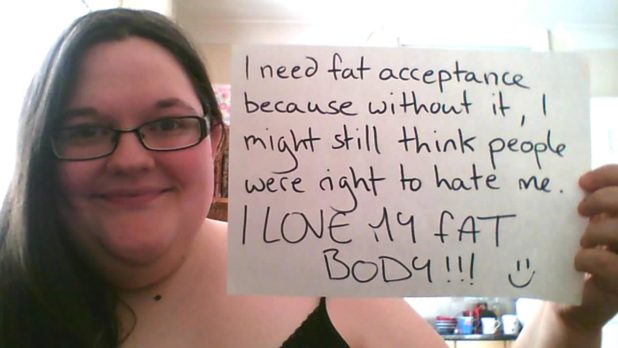Pomidor Quixote
Daily Stormer
August 20, 2019
Sometimes, studies about sports end up opening up topics such as the effectiveness of bullying and mistreating sluts.
This is one of those times.
The coach’s halftime speech is long known to be a motivational tool in the sports world. Many sports movies, such as Hoosiers, Remember the Titans, or Friday Night Lights include a pivotal scene in which the coach makes an impassioned speech to his team, igniting a furious comeback. But what makes an effective halftime speech in real life? A new study finds that anger is actually more effective during halftime speeches than inspiration.
Researchers at the University of California, Berkeley’s Haas School of Business analyzed hundreds of halftime speeches and final scores from high school and college basketball games, and found that players seem to perform better after a harsh, more negative halftime speech from their coach. In fact, researchers discovered a significant relationship between the level of negativity a coach projects during a halftime speech and second-half scoring outcomes. The more negativity, the more the team outscored their opponents, that is at least up to a certain threshold point.
“That was even true if the team was already ahead at halftime,” lead researcher and Haas professor emeritus Barry Staw comments in a media release. “Rather than saying, ‘You’re doing great, keep it up,’ it’s better to say, ‘I don’t care if you’re up by 10 points, you can play better than this.’”
…
In all, 304 speeches from 23 teams were used in the study. Each halftime pep talk was rated by the extent to which coaches expressed several different emotions, from positive (pleased, relaxed, inspired, excited) to negative (disgusted, angry, frustrated, afraid).
The research indicated that while negative halftime speeches led to higher scores in the second half, there is, of course, a point where all of that negativity begins to bring the team down. Whenever coaches displayed “extreme” bouts of anger, frustration, and negativity, it ended up hurting their players’ performances. So, its clear from the researchers’ findings that negativity, up to a certain point, can help players perform, but too much negativity is ultimately going to be detrimental to the team.
In addition to just analyzing speeches and game performance, the researchers also conducted a controlled laboratory experiment regarding self perceived motivation. A handful of select halftime pep talks were played for certain participants, who were then asked about how motivated they felt. Inline with the main study’s findings, negativity seemed to motivate participants, but only up to a certain level of intensity. When coaches became too angry or negative, motivation tapered off.
Staw and his team say that they believe negative emotion can be a more effective motivator than many currently believe.
…
“Our results do not give leaders a license to be a jerk,” Staw concludes.
You don’t need a license to be a jerk, but this study certainly points in the direction of uncomfortable truths.
We know bullying works.
Fat shaming works, which is why lazy skin-bags of fat try to shut it down and get people to celebrate their fatness so the urge to get fit doesn’t burn them from the inside out.
Slut-shaming also works, which is why our social engineering overlords try so hard to normalize casual sex and degeneracy as a countermeasure for it.
Making people feel bad about something they do is more likely to result in change than making people feel good about it.
Sounds like common sense.
This is similar to what happens with women.
When interacting with females, erring on the side of negativity is always better than Respecting Women™ and treating them as equals.
Tease them, they’re silly and small and funny.
This is especially true with dirty talk, which should come as no surprise if you consider the parallels between sexing women and playing a game.
When you sex a woman, you are the coach and she expects you to lead the game. You have to tell her what to do, manually set her body in the position you want it to be, move her around, provide feedback and do this negative halftime speech dirty talk thing that prompts her to perform better.
Don’t apologize, they’re still silly and small and funny.
The trick, as the study says, is to use therapeutic doses of negativity to avoid an overdose that would result in the opposite of what you intended to happen.
You don’t want to crush them.
Too much hate at once can overwhelm their silly and small and funny bodies.
Figuring out the correct dose of hate to bring out the best in people is an art in and of itself.
When you hate them juuuuust right.








